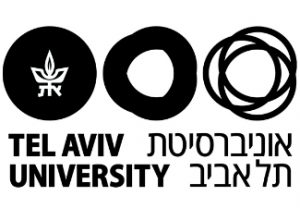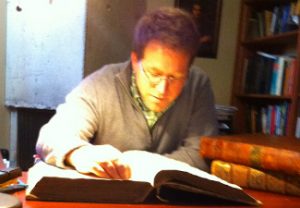
Photo: michaelhickson.net
Prof. Hickson’s recent research has focused on the history of 17-century philosophy, especially Descartes, Bayle, skepticism, and the problem of evil. Increasingly, his research includes both historical and contemporary issues related to conscience and toleration.

Image: uwaterloo.ca
Robert Mason is a PhD student in U of T’s Department of Philosophy whose research is in early modern philosophy and ethics. Robert’s talk is titled “Leibniz on the Determination of Substances in Possible Worlds”.
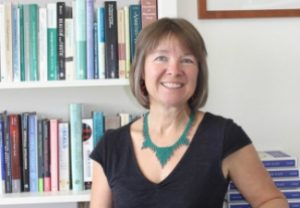
Image: dartmouth.edu
Amie L. Thomasson, professor of philosophy at Dartmouth College, will deliver a talk titled “How can we come to know metaphysical modal truths?”
Gideon Freudenthal is professor in the Cohn Institute for the History and Philosophy of Science and Ideas at Tel Aviv University. He will deliver a talk on “Salomon Maimon’s philosophy: between myth and logical analysis.”
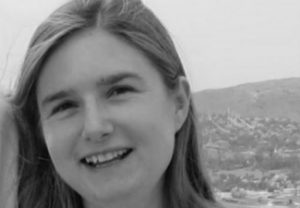
Image: laurafranklin-hall.com
Laura Franklin-Hall, Associate Professor of Philosophy at New York University, researches problems in the philosophy of biology, the general philosophy of science, and metaphysics.
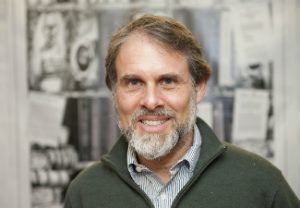
Image: today.uic.edu (Roberta Dupuis-Devlin/UIC Photo Services)
Prof. Fleischaker’s research is primarily in moral and political philosophy, the history of philosophy, the philosophy of religion, and aesthetics. His talk is titled “Empathy and Perspective: A Smithian Conception of Humanity.”
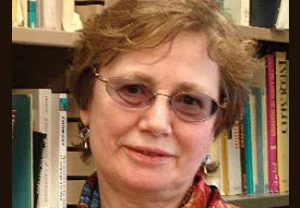
Image: uwm.edu
Prof. Atherton’s research interests include English philosophers of the early modern period, the work of women philosophers in the history of philosophy, and historical issues in the philosophy of psychology.

Image: strivingessences.net
Prof. Lascano’s research interests lie primarily in the history of early modern philosophy, philosophy of religion, and metaphysics. She will deliver a talk on “Reconsidering Astell’s relation to Locke: Mary Astell’s account of God’s existence and human freedom.”
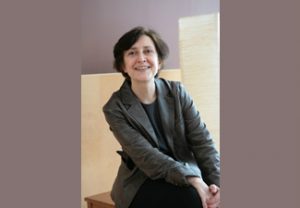
Image: concordia.ca
Prof. Angelova’s research is in 20th century continental philosophy, with a particular focus on Heidegger, Nancy, Derrida, and French feminist theory in relation to 19th century philosophy, specifically Kant and Hegel. Her interests involve themes such as temporality, selfhood, freedom, affect, gender and sexuality, and the imagination.

Image: philosophy.virginia.edu
Prof. Gertler’s research is focused on the philosophy of mind, particularly self-knowledge, mental content, consciousness, and the self. She will deliver a talk on “Rational Agency”.
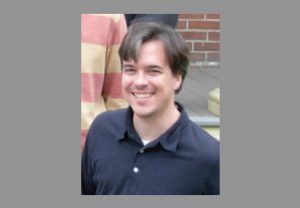
Image: uvm.edu
Prof. DeRosset’s research is focused on metaphysics and the philosophy of language, with a particular interest in the metaphysics of modality, and the utility and limits of explanation and reduction in metaphysics. He will deliver a talk titled “Skepticism about Grounding”.
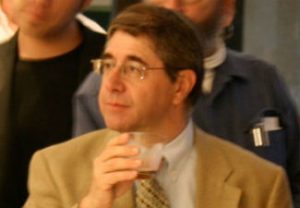
Image: philosophy.uchicago.edu
Prof. Stern will deliver a talk on “Maimonides and the Falasifa on Certainty and the Certainty of Prophecy.” His research is broadly in contemporary philosophy of language and medieval philosophy, especially Arabic and Jewish philosophy.




